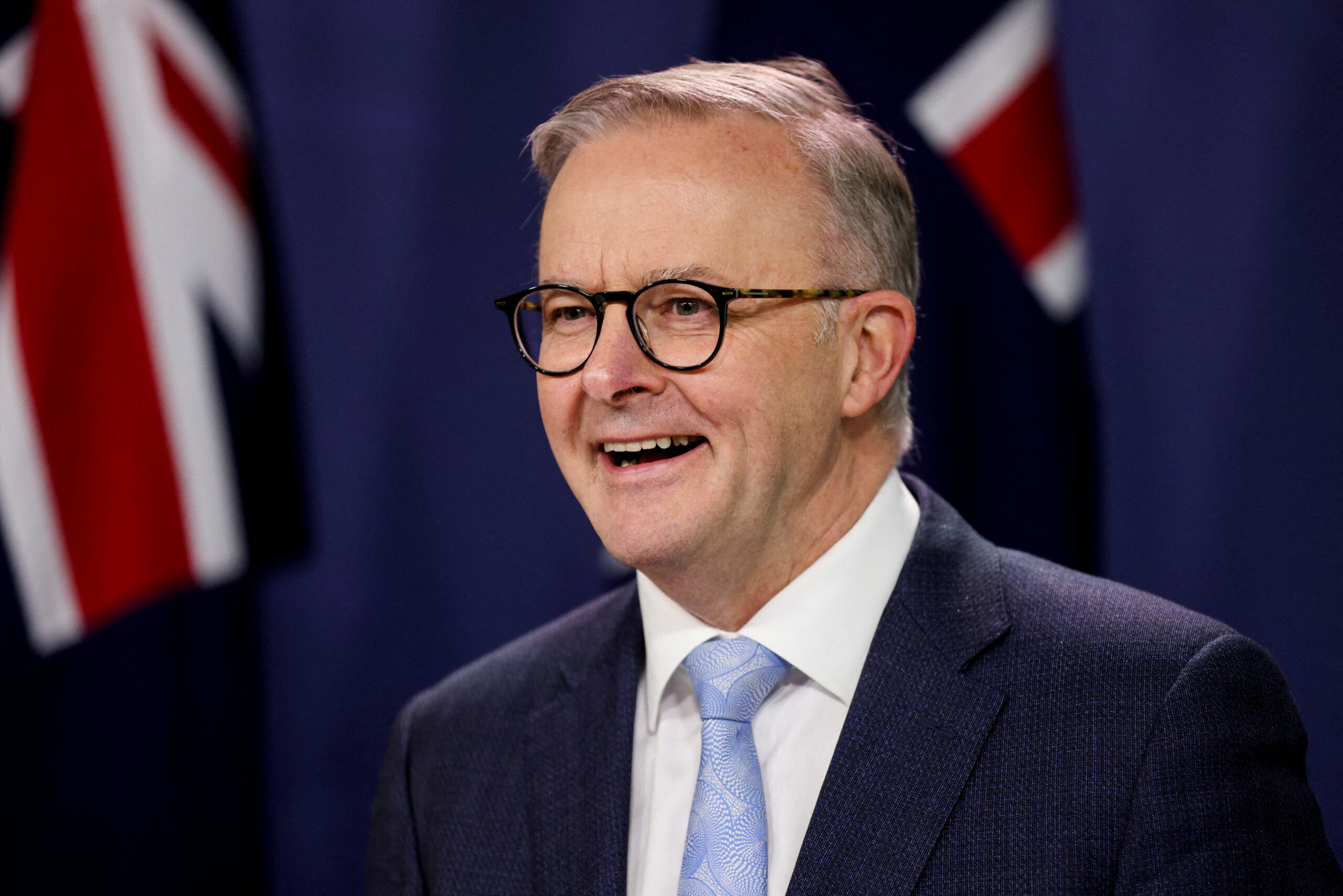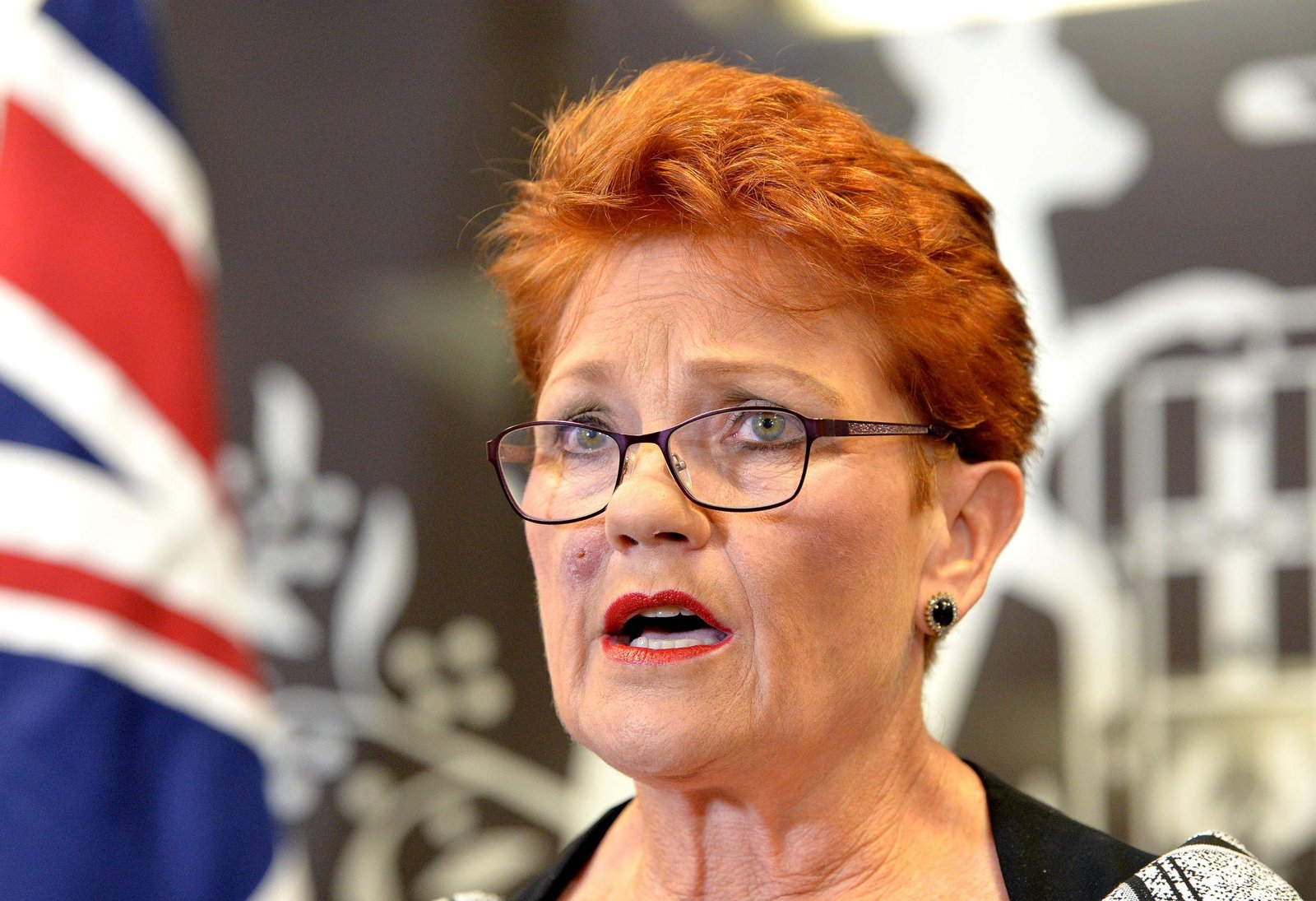Sydney, May 3, 2025 – The Europe Today: Australia’s Prime Minister Anthony Albanese has secured a resounding victory in Saturday’s national elections, defeating conservative opposition leader Peter Dutton in a race heavily shaped by economic uncertainty and global political influences, including the legacy of former U.S. President Donald Trump.
Albanese, leader of the center-left Labor Party, is on course to achieve a commanding parliamentary majority, with early results showing a strong swing against the opposition. His calm and measured leadership style appeared to resonate with voters amid ongoing global instability, analysts noted.
“Albanese’s slow-but-steady approach offered reassurance at a time of volatility,” said Dr. Henry Maher, a political lecturer at the University of Sydney. “In times of instability, people tend to support a steady incumbent.”
Dutton, leader of the Liberal Party, conceded defeat on Saturday evening, saying he had called Prime Minister Albanese to offer his congratulations. “We didn’t do well enough during this campaign. That much is obvious tonight, and I accept full responsibility,” he told supporters.
In a further setback for the opposition, Dutton himself is at risk of losing his parliamentary seat—a rare and symbolic blow for a party leader.
Labor supporters celebrated in Sydney, cheering Albanese with chants of “Albo” and raising glasses of locally brewed craft beer bearing his likeness as television networks confirmed the results. “This could be a big win for Labor,” remarked ABC election analyst Antony Green.
Albanese’s campaign focused on progressive reforms, including boosting investment in renewable energy, addressing a deepening housing crisis, and improving the public healthcare system. In contrast, Dutton advocated for reduced immigration, a tougher stance on crime, and the controversial lifting of a longstanding ban on nuclear energy.
Observers noted that Dutton’s proposal to cut public service jobs was poorly received, particularly in light of public backlash against similar moves in the U.S. tech industry. His nuclear energy platform also faced skepticism from voters.
The election outcome reflects a broader shift in public sentiment, with Australian voters choosing stability and social investment over austerity and divisive reforms. The result is expected to solidify Albanese’s mandate to advance his domestic agenda and maintain Australia’s course in a turbulent global environment.














